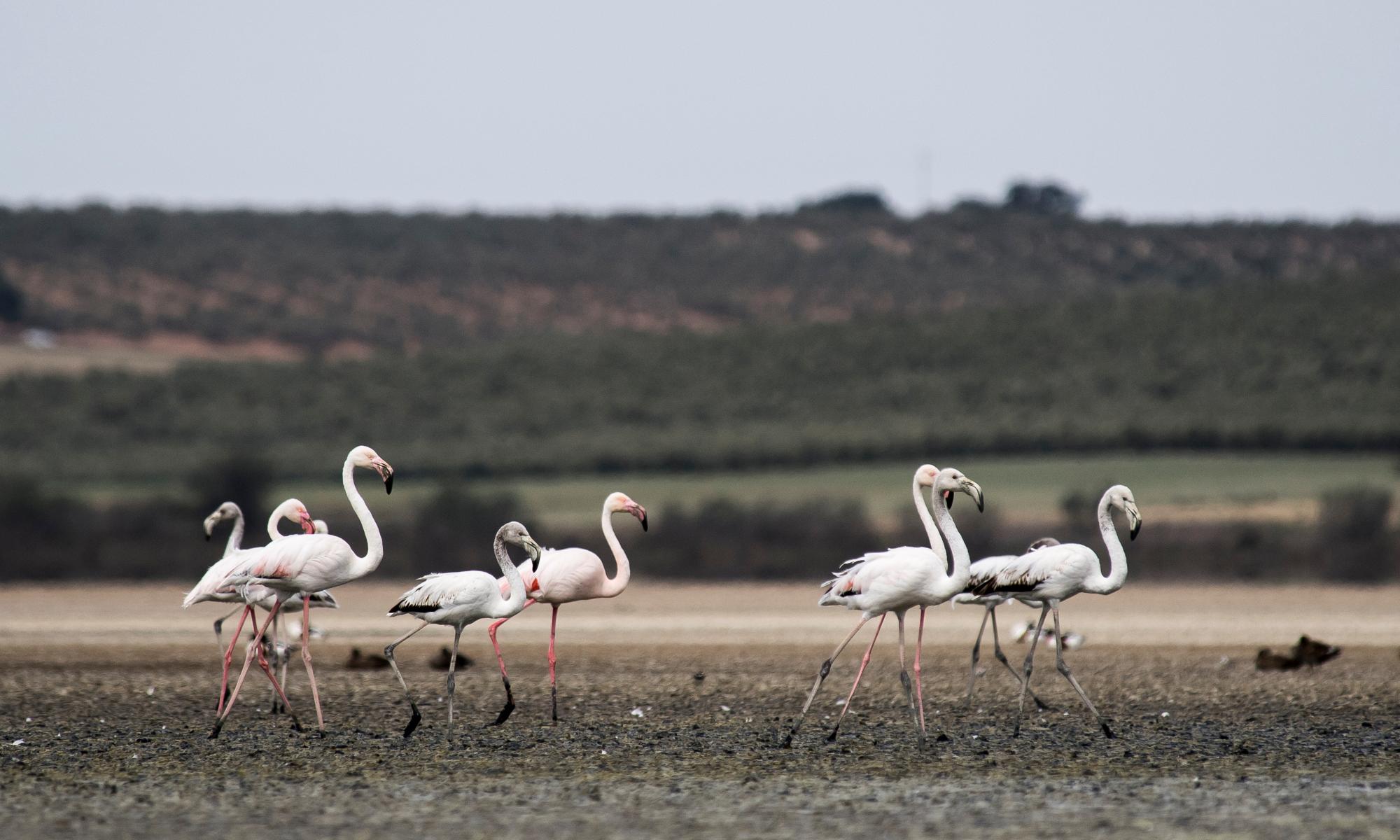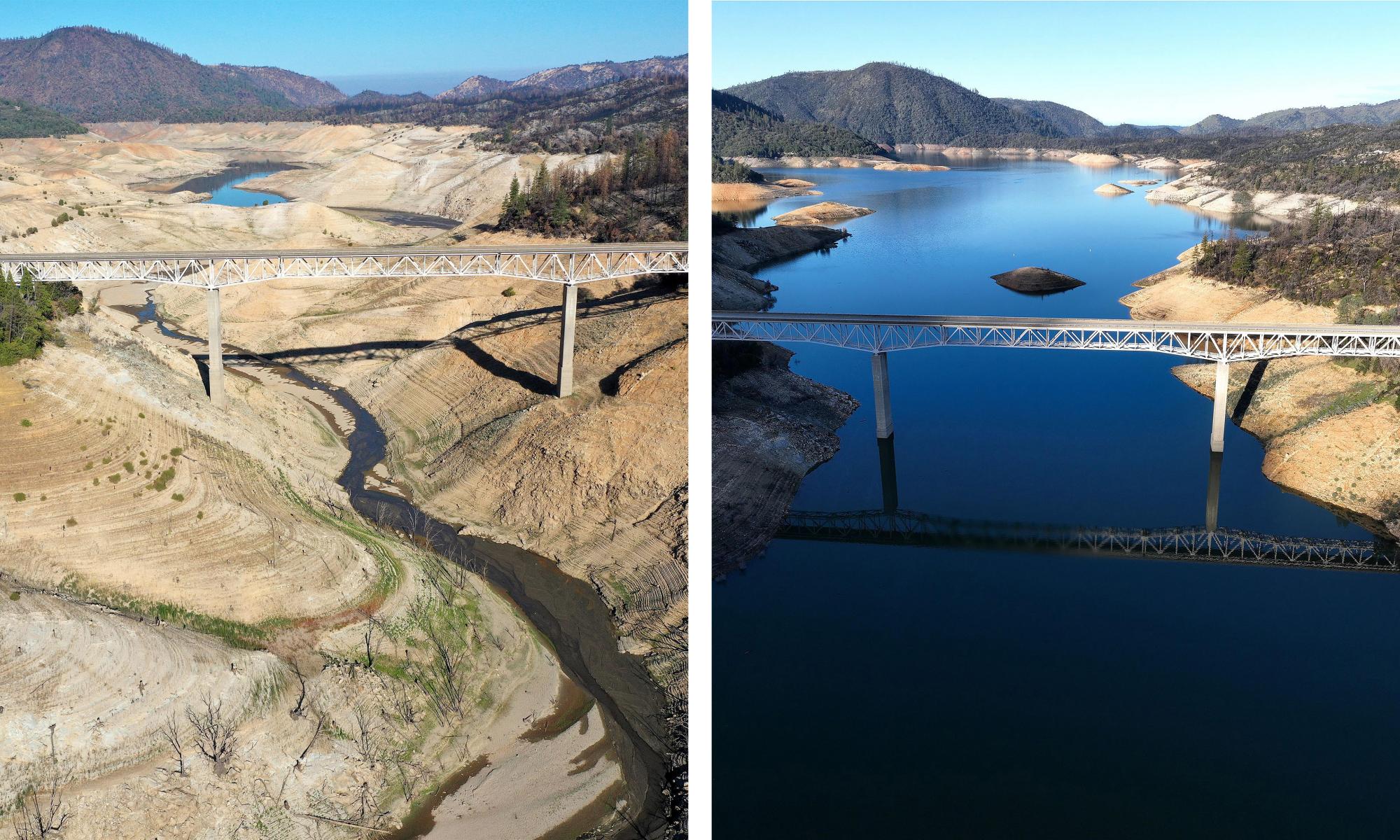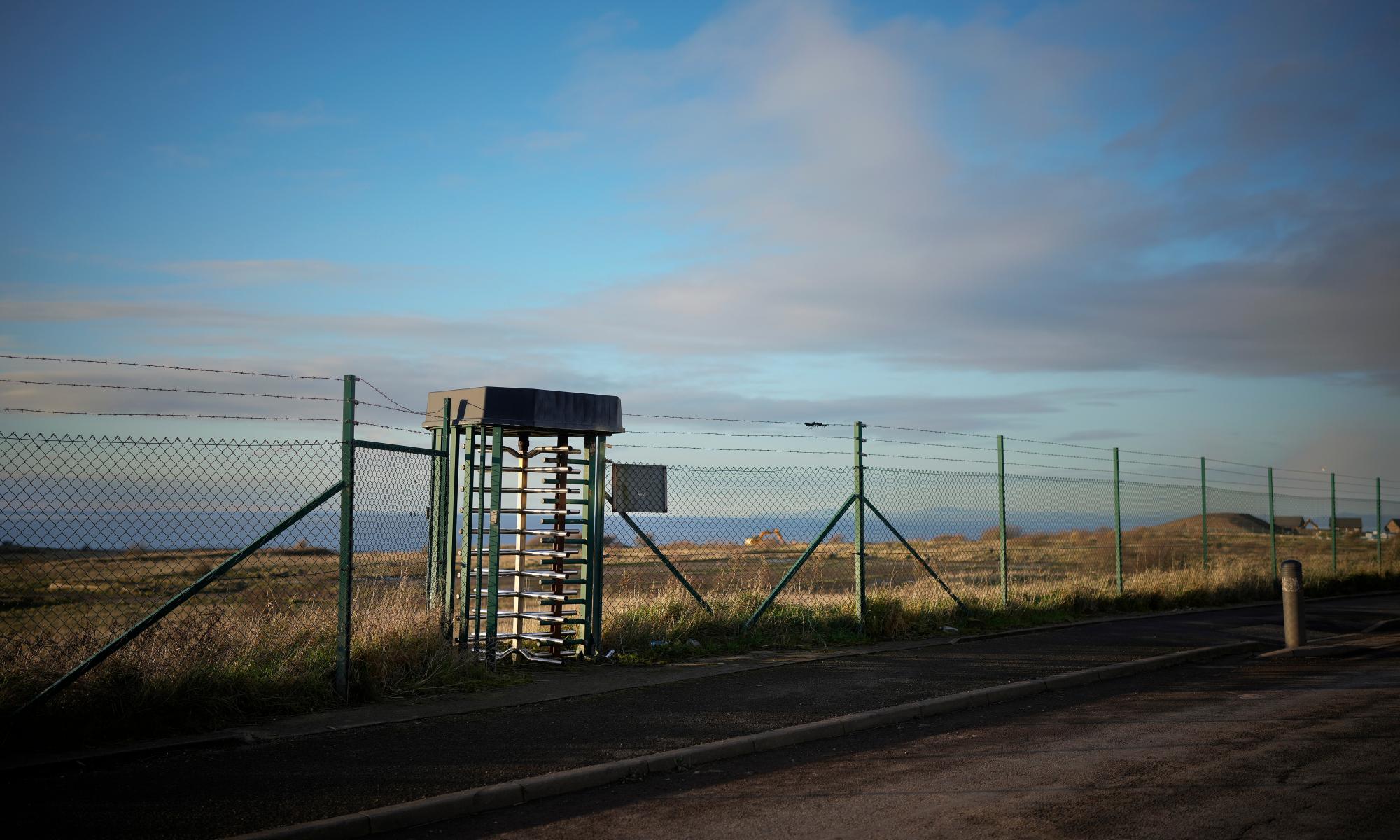Money! Money! Money! dominated the second full day of Cop27, with a deep chasm emerging between long-time polluting rich states and developing countries that need finance to deal with devastating extreme weather events while also cutting emissions.
Meanwhile, Egypt will realise it cannot hold such a significant international conference without its dire human rights record being thrust into the limelight.
Here are some of the highlights from the second day:
The president of the European Commission, Ursula von der Leyen, urged the global north to follow the EU’s example of committing climate finance to the global south.
A report by the renowned climate economist Nicholas Stern showed $2tn a year (£1.75tn) would be needed by developing countries (excluding China) by 2030 to cut their greenhouse gas emissions and cope with the effects of climate breakdown.
However, civil society climate experts called out “America’s decades-long game plan of denial, delay and deception” when it comes to loss and damage funds.
In one such stark example, Shehbaz Sharif, the prime minister of Pakistan, said his country needed more than $30bn in flood relief “despite our very low carbon footprints”.
The Barbados prime minister, Mia Mottley, celebrated that loss and damage had been added to the agenda of Cop27.
The family of the jailed British-Egyptian hunger striker Alaa Abd el-Fattah voiced fears that Egyptian officials may be torturing him behind closed doors through force-feeding. A pro-government Egyptian MP confronted Abd el-Fattah’s sister, Sanaa Seif, outside the conference.
The release of Abd el-Fattah has become the defining issue for British-Egyptian relations, the former British ambassador to Egypt John Casson said.
For the first time in years, Egypt has unblocked access to the Human Rights Watch website, a day after the Guardian described how delegates at Cop27 were unable to access it.
A UN group set up to crack down on the greenwashing of net zero pledges by industry and government has called for “red lines” to stop support for new fossil fuel exploration and overuse of carbon offsets.
Tuvalu has become the first country to use United Nations climate talks to demand an international fossil fuel non-proliferation treaty, which would phase out the use of coal, oil and gas.
Temperatures in Ireland were so mild this autumn that trees were producing new growth before they shed their leaves, according to the Irish taoiseach, Micheál Martin.


